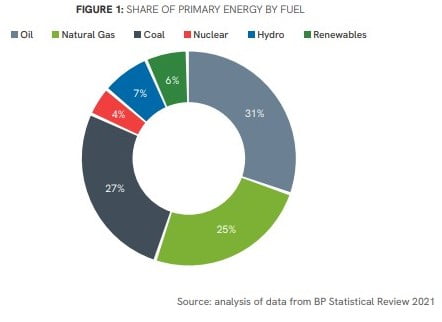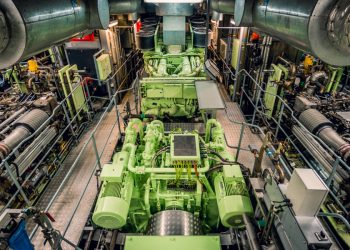The International Gas Union (IGU) published the first edition of the Renewable Gas Report, benchmarking data to provide confidence in the assessment of the current status.
As the report says, while natural gas, which currently provides around 25% of global primary energy supply, is the lowest carbon fossil fuel, there is growing recognition of the importance of low-carbon gases, as key decarbonisation actors.
These include biogas, produced by anaerobic digestion and typically used for combined heat and power near the point of production; biomethane from upgrading biogas, and low-carbon hydrogen.
A key question, however, is whether these low-carbon gaseous fuels can be developed fast enough and at a reasonable cost
says the report, which concludes in the following assessments:
- Total global production of both biogas and biomethane is around 400 TWh1, or around only 1% of total global natural gas production. Over half of this production is concentrated in a few countries in Europe, with a further 25% in China.
- An estimate of sustainable biogas potential suggests that this could rise to around 20 times that level, but IGU’s database does not indicate that there is sufficient momentum of projects under development for this potential to be realised in the near term.
- The production level for low-carbon hydrogen is similarly low, with only around 0.5% of current hydrogen production being from low-carbon sources, that is only about 0.03% of global natural gas production. There has been only a very small increase in low-carbon hydrogen output in the last 5 years.
- A stronger policy focus on increasing production of low-carbon hydrogen is a positive force to grow the pipelin of hydrogen projects.
- Green hydrogen is significantly more expensive than any other form of renewable gas, but costs are expected to fall, as the costs of both renewable electricity and electrolysers decrease over time.
- The current levels of production and the relative costs of biomethane and hydrogen suggest that it is important to raise biomethane up the policy agenda.
- All forms of renewable gas should be pursued as quickly as possible. This will require strong and clear policy support from governments globally, robust entrepreneurial initiative from the incumbent industry players and disruptors alike.
The key ambition we set out for this series is to track progress of renewable and lowcarbon gases from their current early days and small beginnings today to becoming important fuels in the future decarbonised energy system
the IGU concluded.


































































